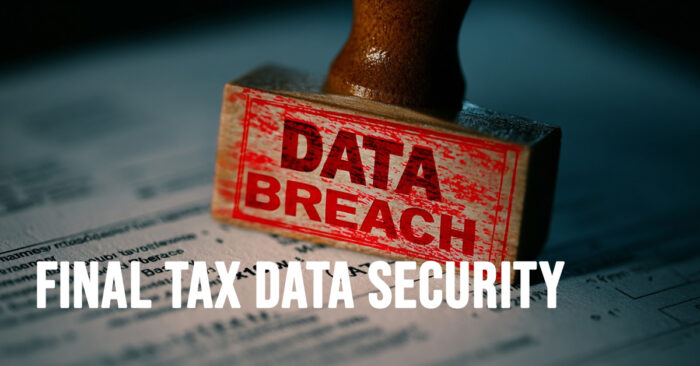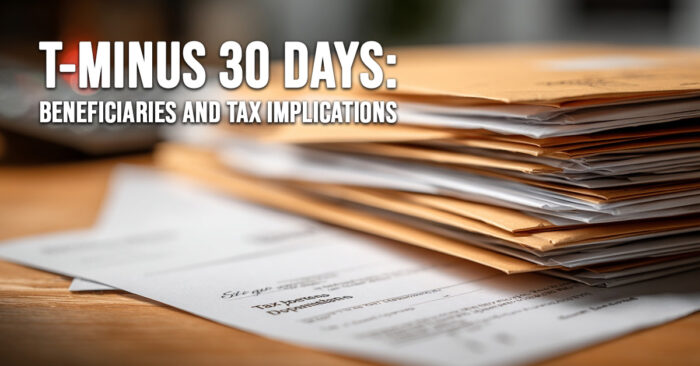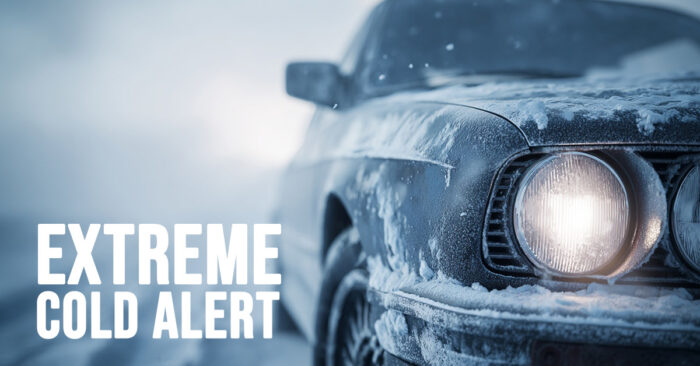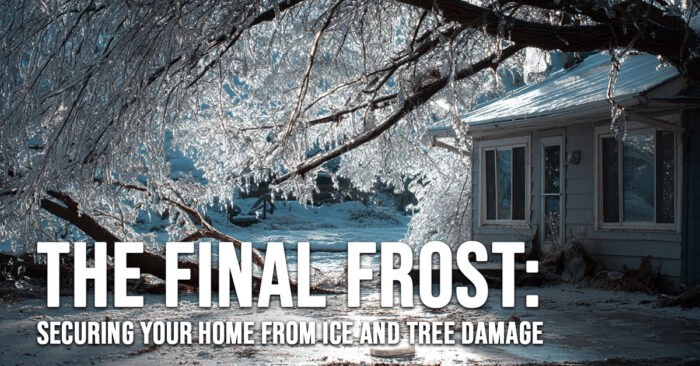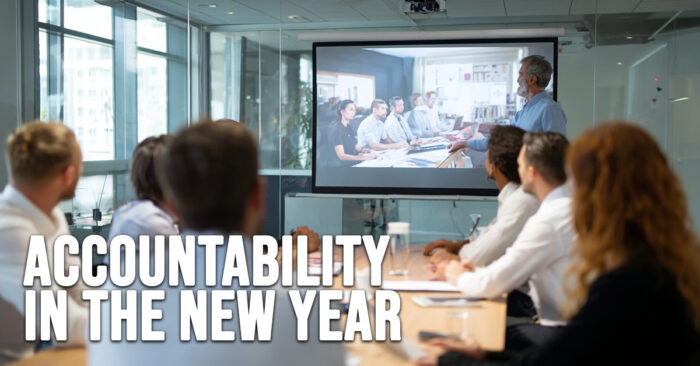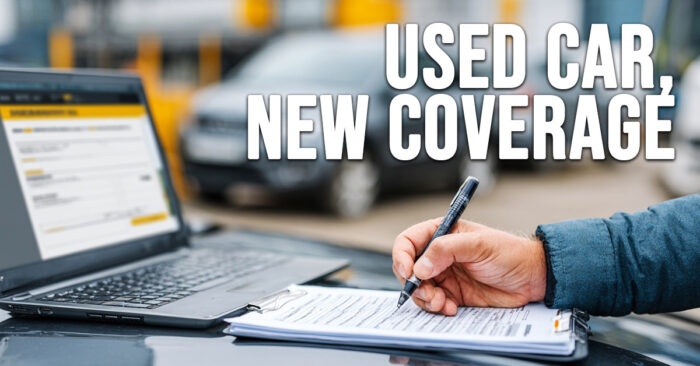Comparing the "Horse to Car" and "Combustion to Electric" Transitions
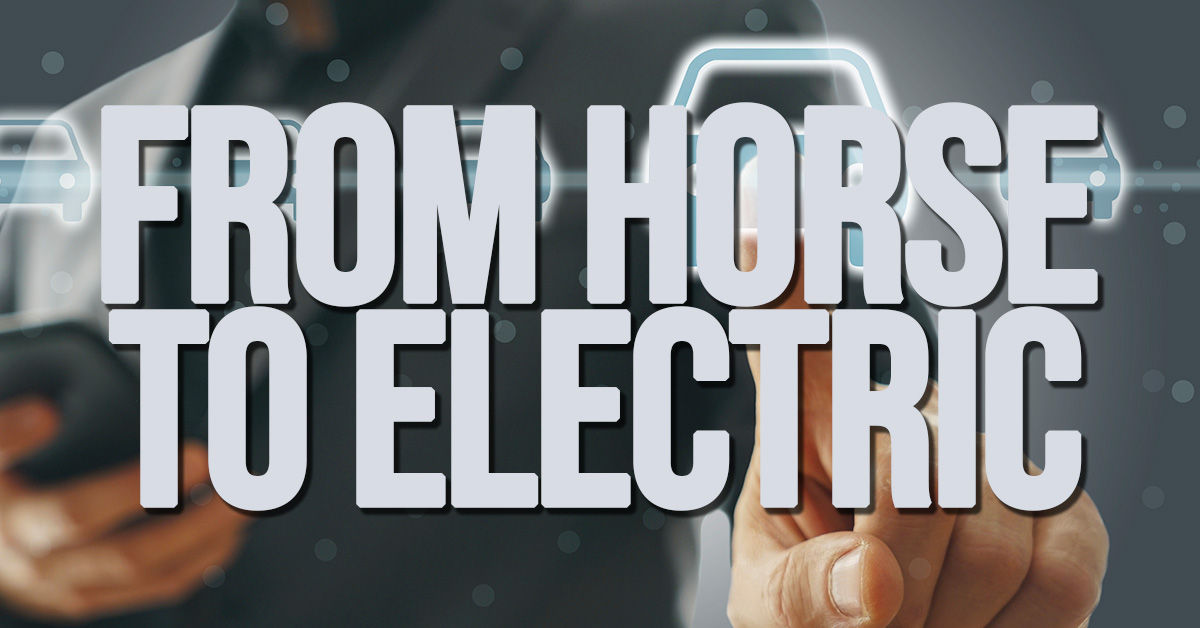
Comparing the “Horse to Car” and “Combustion to Electric” Transitions
It was over a hundred years ago when automobiles took the place of horses as America’s favored personal mode of transportation. We are now facing another significant change: the move from combustion to electric motors. There are similarities between the two, including the doubts and concerns consumers have about the adjustment.
Here is a look at the then and now of the automotive transition.
“Get a Horse”
This phrase was familiar to those who were early adapters of the automobile. There were those who just couldn’t accept the new technology over their reliable steed. They would mock those having trouble with their horseless buggies along the side of the road, shouting “Get a horse!” Today, electric cars have their own doubters, from people questioning their costs to the range they can travel.
Safety
Safety of the new automobile was a concern then, as electric, self-driving cars are today.
The Angst of the Conversion Process
The conversion from the horse and buggy to the automobile was far more dramatic than that of combustion to electric motors. Stores and saloons had horse hitching posts. Horses needed to be watered, fed, and shoed. We forget that, like cars, horses need maintenance.
Availability of Fuel
One of the ironies of early automobiles was that it took horse-drawn carriages to deliver the fuel cars needed. Today, the availability of electric charging stations is a concern as we move into the electric era.
Noise
Another irony is that early cars were so much noisier than horses. That noise was a point of criticism. Today, the complaint is that electric cars are too quiet and you can’t hear them coming. Some electric cars are installing audio systems that mimic the sounds of combustion engines.
We tend to think of our situations as unique, when it is likely we’ve been through something similar before. There may be more in common with the transition from horse and buggies to early cars and that of combustion engines to electric motors than we realize.
Combustion, electric, or hybrid, we can help you insure your car. Connect with our independent auto insurance agents to get a no-obligation quote today.
Do you have questions about your insurance? Find an insurance agent near you with our Agent Finder
Search All Blogs
Search All Blogs
Read More Blogs
Heart-Shaped Security: Why Valentine’s Day is the Time to Schedule Your New Jewelry
Don’t leave your new sparkle at risk. Learn how to properly insure Valentine’s Day jewelry through scheduling and professional appraisals.
The Beautiful Pause: Embracing Solitude and Self-Care
Ditch the noise. A guide to finding mental clarity and practicing self-care by embracing intentional solitude during the final, quiet days of January.
Final Tax Data Security: Protecting Against Employee W-2 Identity Theft
W-2s are out. A final, urgent guide to securing employee data against tax fraud and using Cyber Insurance for breach response and identity theft coverage.
T-Minus 30 Days: The Late January Review of Beneficiaries and Tax Implications
Tax forms are here. Review your life insurance beneficiaries one last time, and understand the tax status of policy payouts vs. accrued interest.
Extreme Cold Alert: Protecting Your Vehicle from Late January Freeze Damage
Frozen engine block? Late January extreme cold risks and how your Comprehensive Auto Insurance handles non-collision, cold-related vehicle damage.
The Final Frost: Securing Your Home from Ice and Tree Damage
Extreme cold risk is highest now. A guide to Home Insurance for tree fall damage, ice structure risks, and securing your claim against catastrophic late-January weather.
Slow Cooker Immunity: Nourishing Your Body with Winter Comfort Foods
Fight the mid-winter slump! Easy slow-cooker recipes packed with immune-boosting spices and ingredients to keep your family healthy in late January.
Accountability in the New Year: Auditing Employee Risk for Workers’ Comp and Liability
Get back to basics! Mid-January is the time for mandatory safety refreshers and HR audits to manage Workers’ Comp and General Liability risk in 2026.
The Mid-January Check-Up: Why Scheduling Your Life Insurance Exam Now Locks in the Best Rate
Don’t delay the exam! Schedule your Life Insurance paramedical exam in mid-January to lock in your best rate and complete your application process quickly.
Used Car, New Coverage: Insuring Your Post-Holiday Vehicle Purchase in January
Just bought a used car? Don’t forget to update the VIN, transfer your coverage, and check if you need higher Medical Payments limits.


